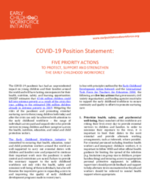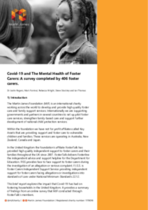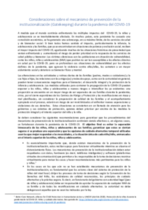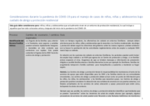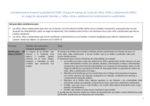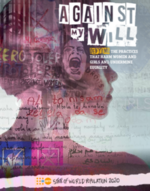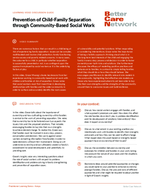COVID-19 Position Statement: Five Priority Actions to Protect, Support and Strengthen the Early Childhood Workforce
In line with principles outlined by the Early Childhood Development Action Network and the International Task Force for Teachers for Education 2030, the following are five key actions that governments, civil society organizations, and funding agencies must take to support the early childhood workforce to ensure continuity and quality in efforts to promote nurturing care.

